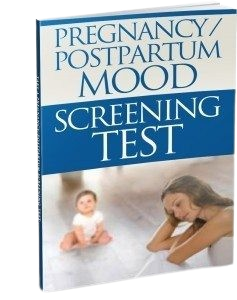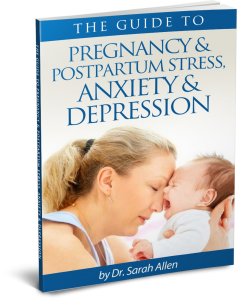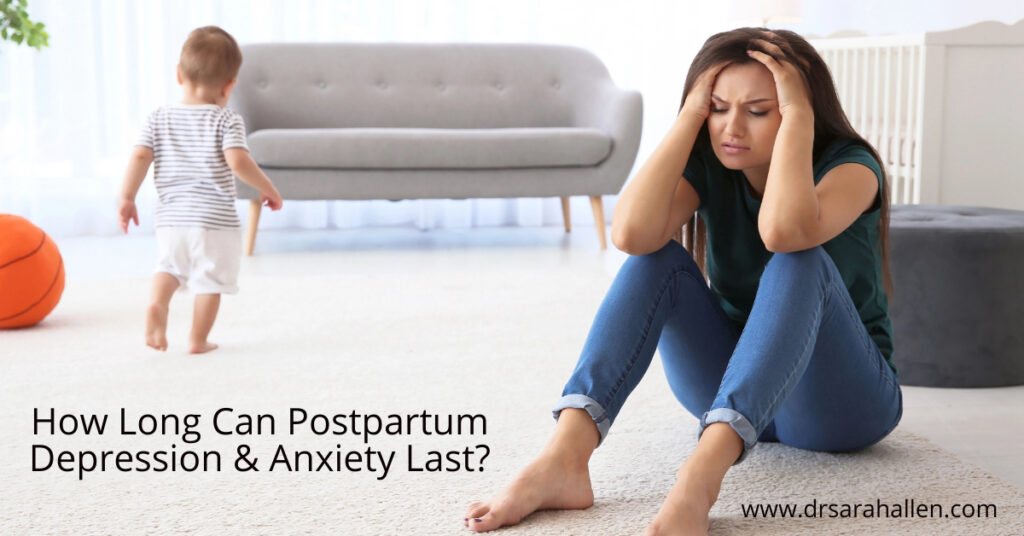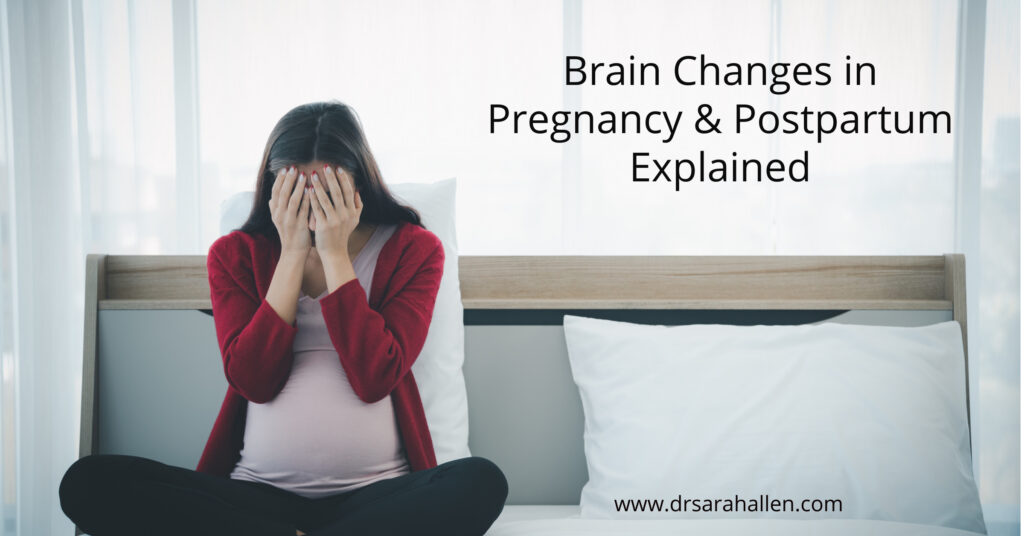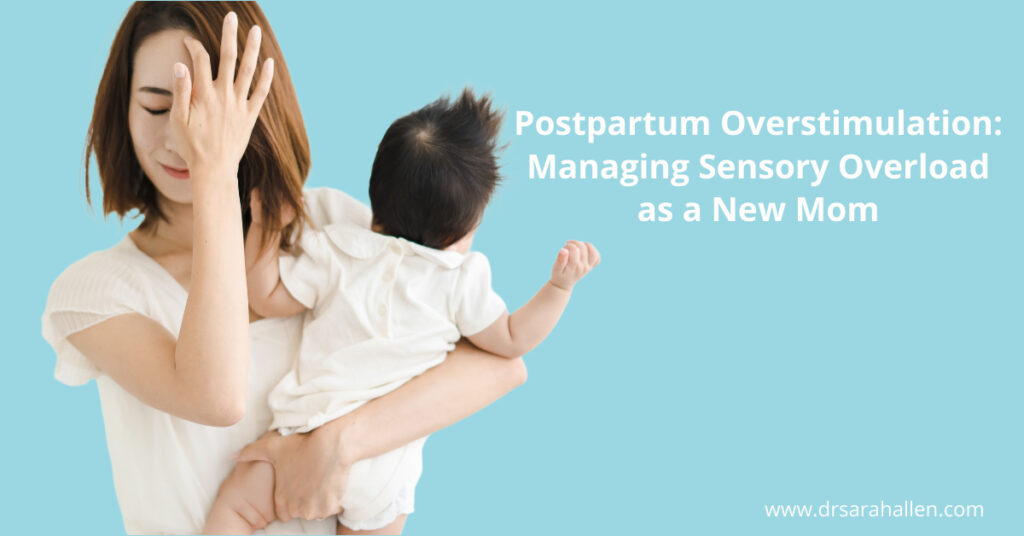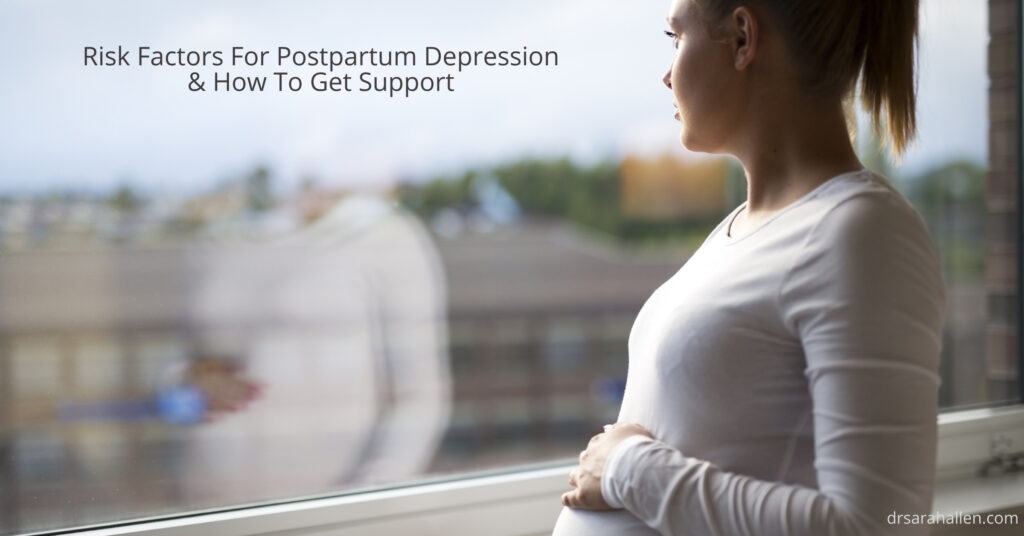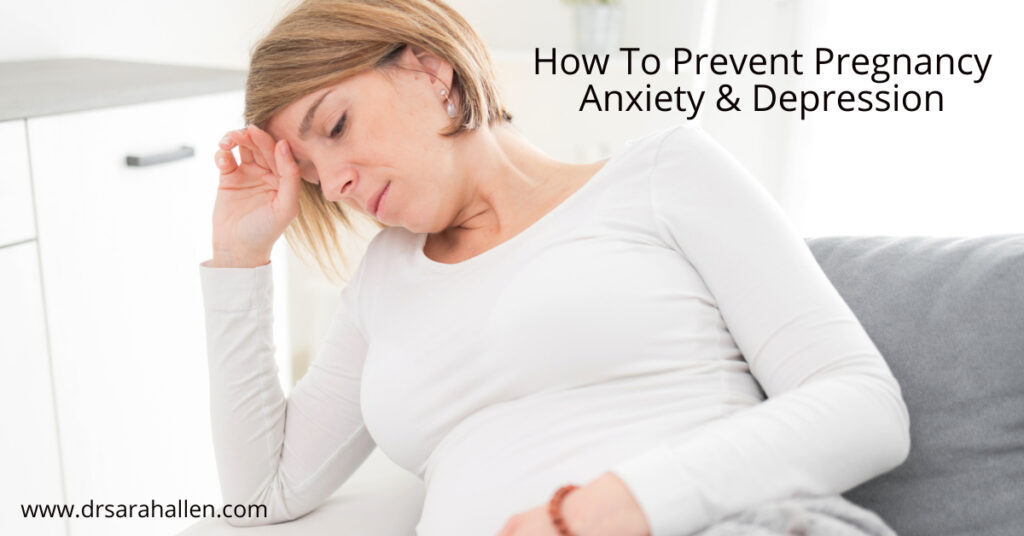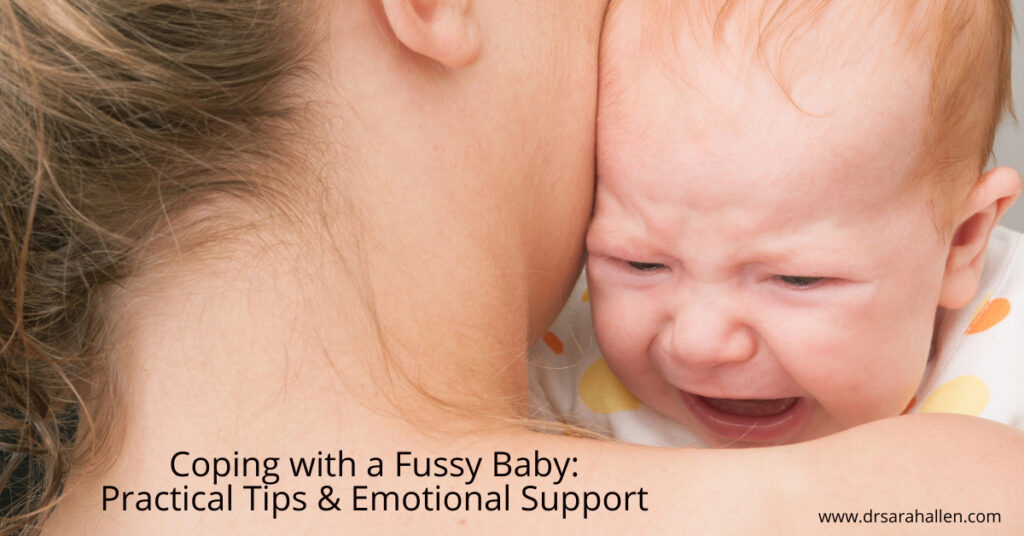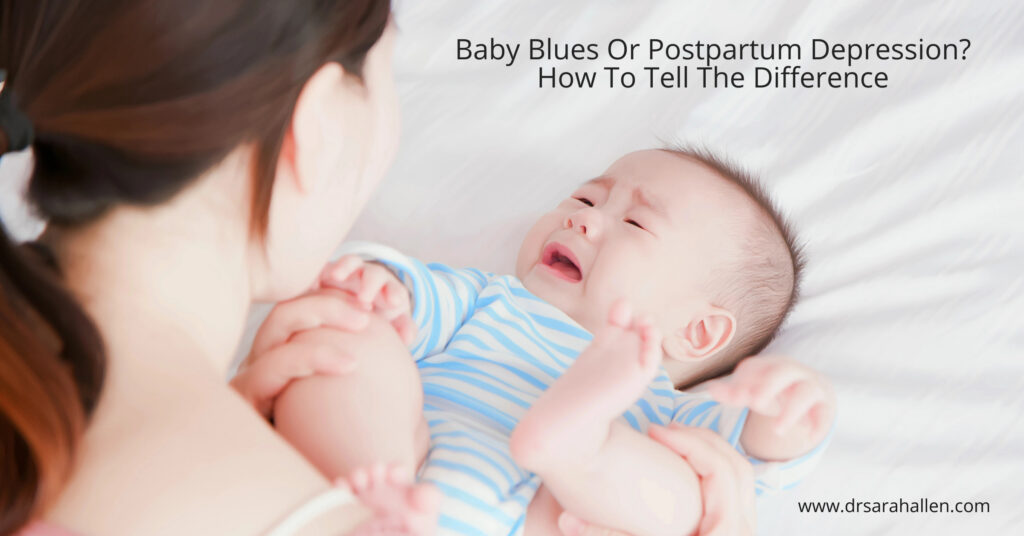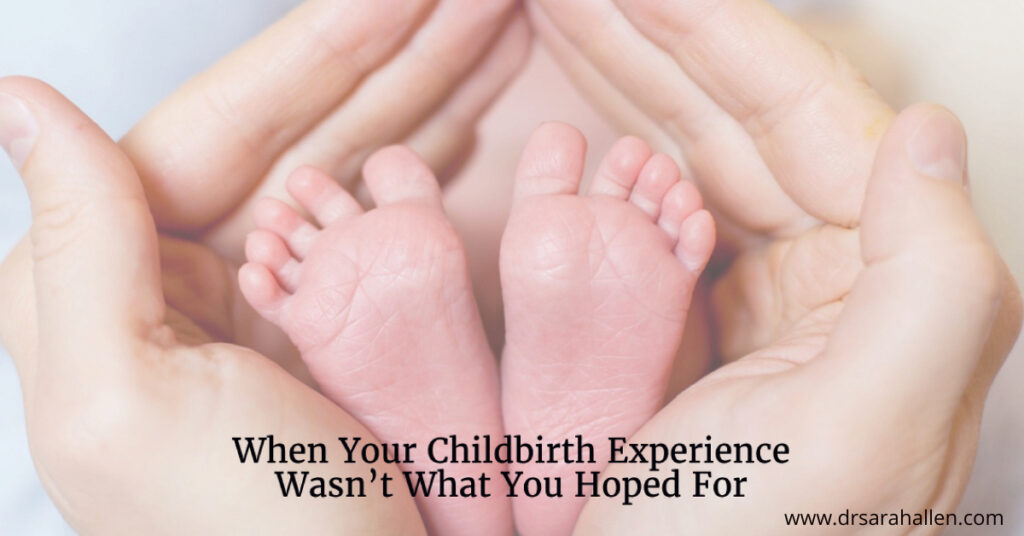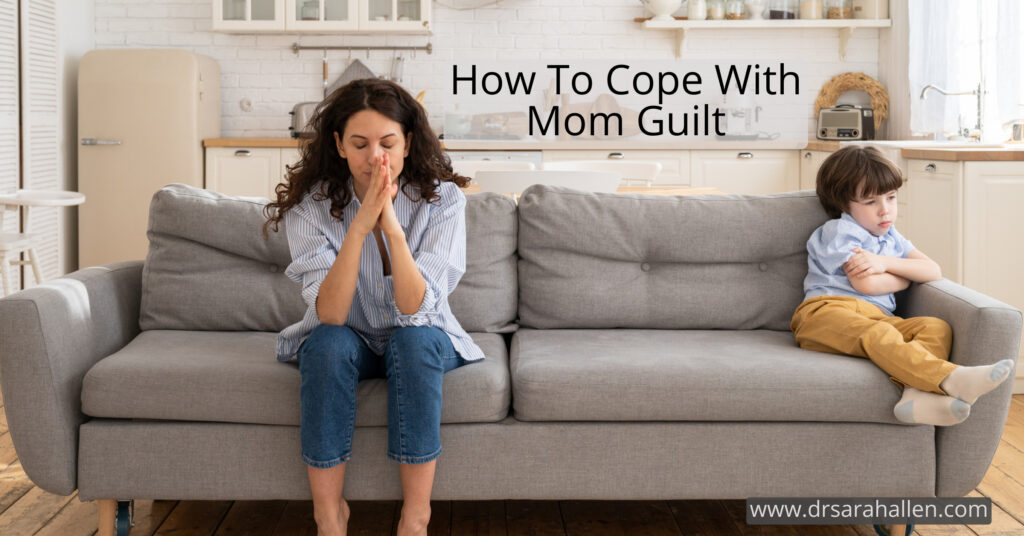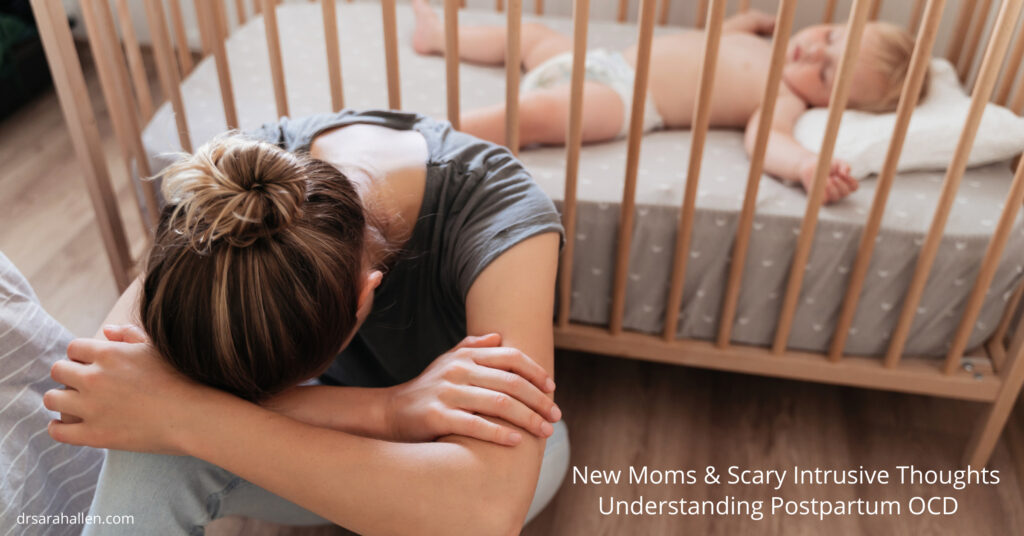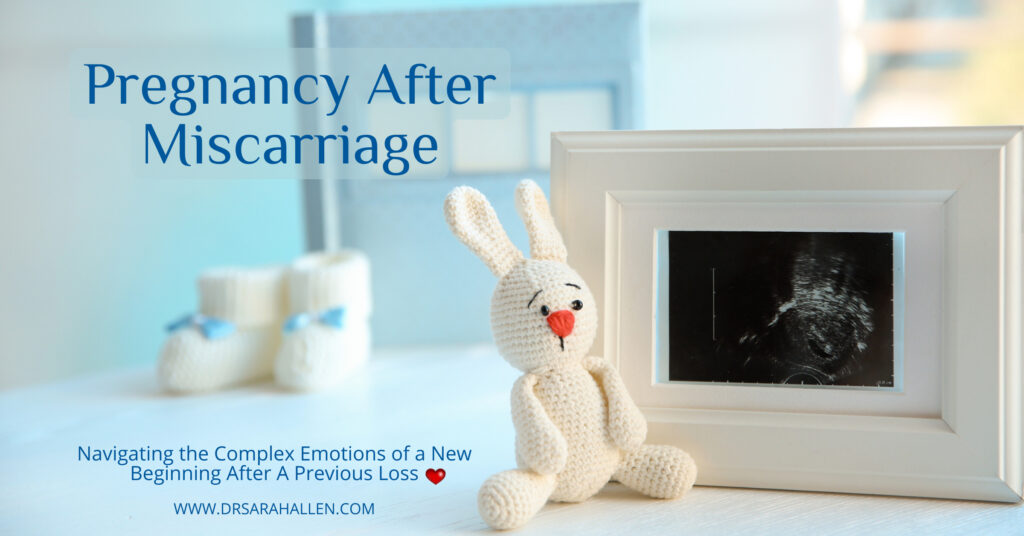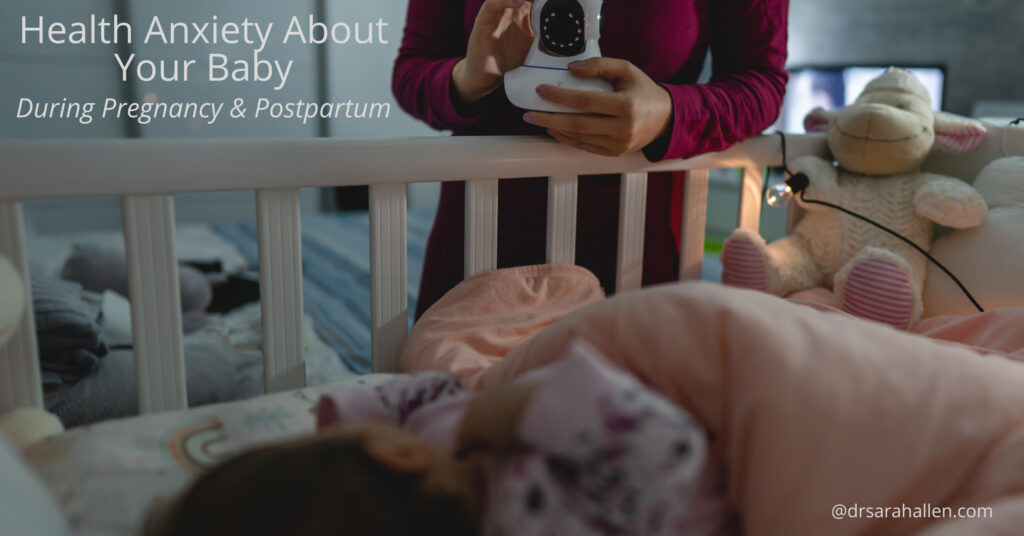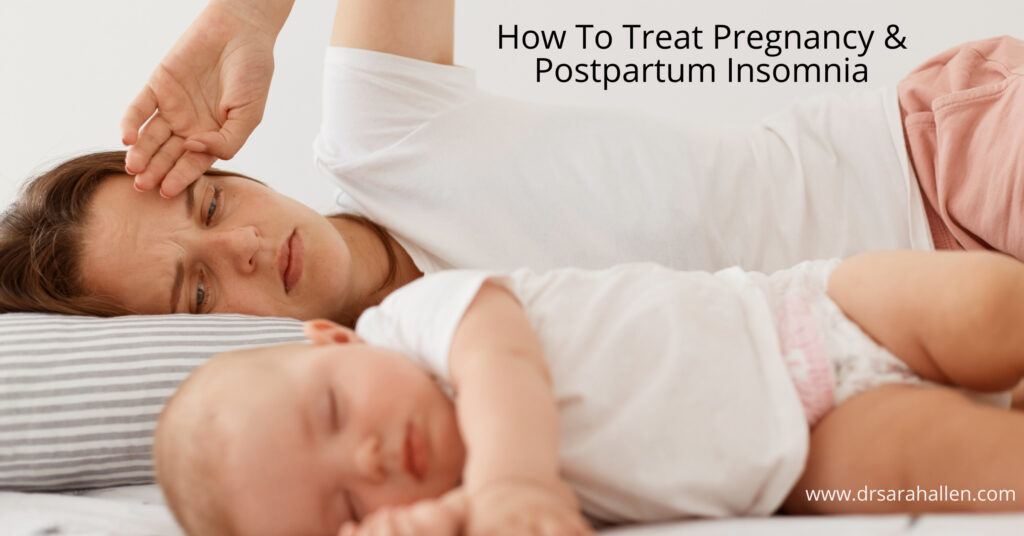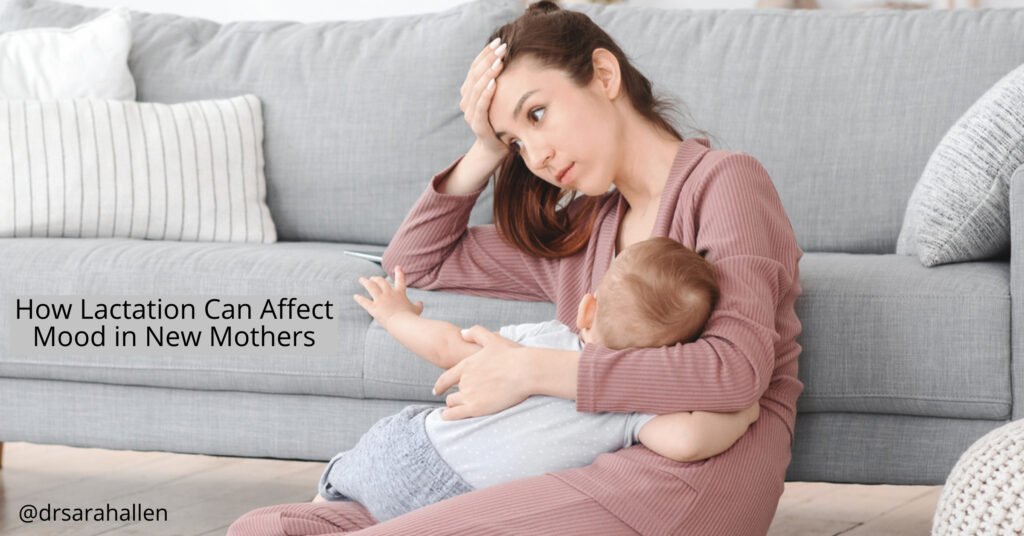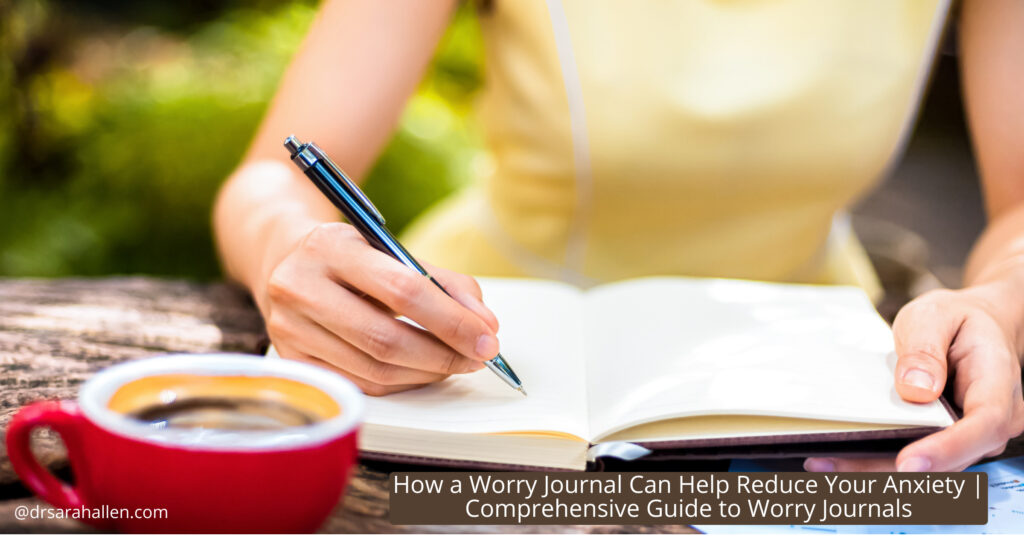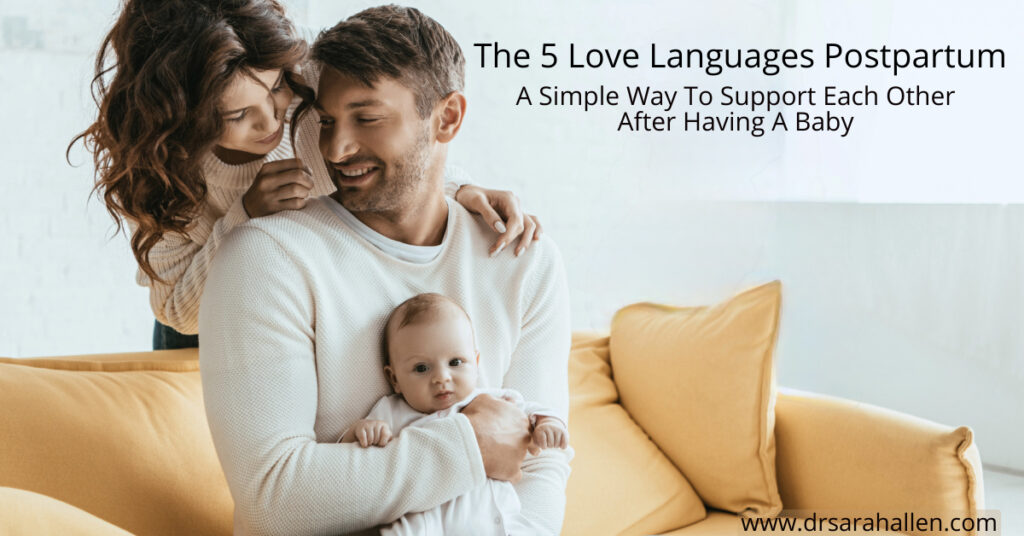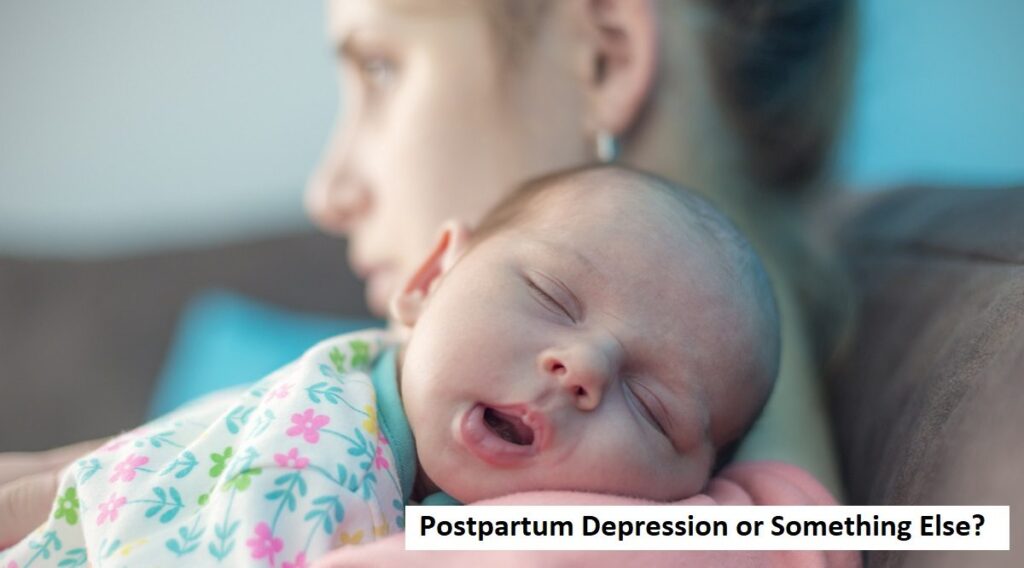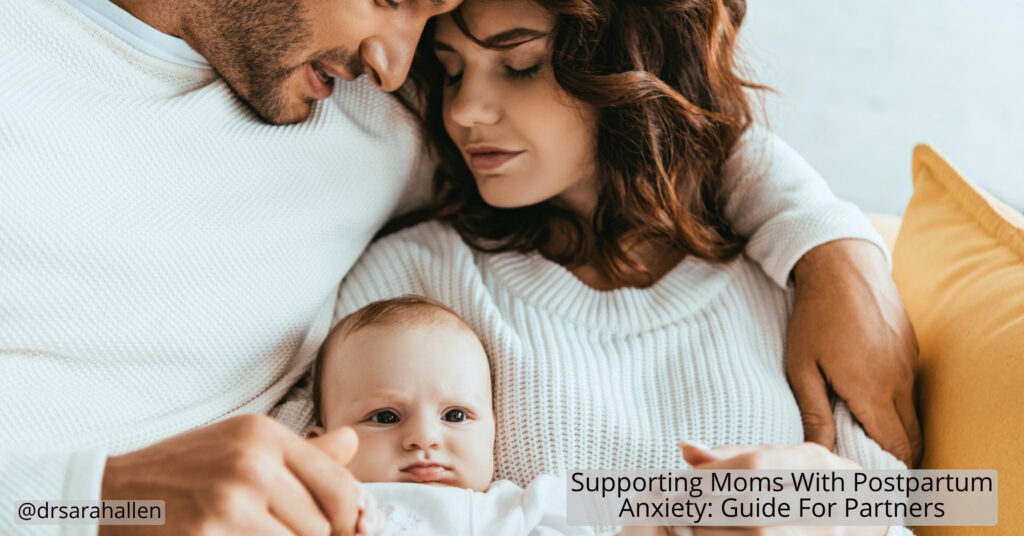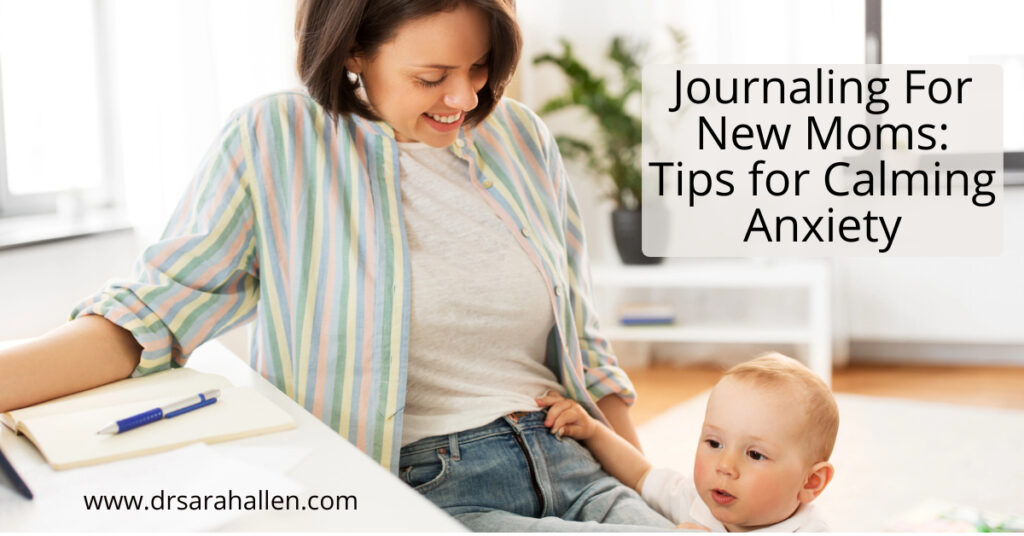
Bringing new life into the world is a joyous thing, but it can also bring unexpected challenges. Pregnancy and postpartum anxiety are common issues that many new mothers face. I’ve noticed in my practice that new moms often struggle with these feelings silently. This can lead to even more stress and a sense of isolation. Recognizing the symptoms early and taking steps to manage them is crucial. One effective way to cope with anxious thoughts is through the use of journaling.
Journaling offers a simple yet powerful way to process emotions. It provides a private space to express feelings without judgment. Many of my clients find that journaling helps them better understand their emotions and track their progress over time. It becomes a therapeutic tool that supports mental well-being.
Understanding Pregnancy & Postpartum Anxiety: Stats and Symptoms
Pregnancy and postpartum anxiety affects about 18% of new mothers. This condition often manifests as excessive worry and racing thoughts about the baby’s safety and well-being. Common physical symptoms include a rapid heartbeat, dizziness, and shortness of breath. Women may also experience difficulty sleeping, even when the baby sleeps well.
It’s important to recognize these signs early. Many new mothers dismiss their feelings as typical new-parent worries, but if the anxiety persists, it’s crucial to seek help. The emotional toll of postpartum anxiety can be severe, leading to feelings of isolation and inadequacy.
In my experience with clients, I’ve observed that early intervention and support can make a significant difference. Understanding the symptoms of postpartum anxiety is the first step toward managing them effectively. Acknowledging that what you’re feeling is valid and seeking appropriate support is essential for your mental well-being.

For more depth information about pregnancy and postpartum anxiety read The Facts About Pregnancy & Postpartum Anxiety
Benefits of Journaling for Postpartum Anxiety
Journaling offers numerous benefits for managing postpartum anxiety. It creates a safe space to express pent-up emotions and thoughts, reducing mental clutter. For new moms dealing with overwhelming feelings, journaling can be incredibly therapeutic. By putting your feelings into words, you can gain clarity and perspective.
Additionally, journaling can serve as a stress release. Writing down worries helps lessen their grip on your mind. Many of my clients find that this practice allows them to focus more on the positive aspects of motherhood. By externalizing anxious thoughts, rather than have them going round and around your brain, you can better understand and manage them.
Another benefit is tracking progress over time. Journaling helps you notice patterns and triggers that contribute to your anxiety. This self-awareness is a powerful tool in managing your mental health. Reflecting on your entries can provide insights into coping mechanisms that work best for you, aiding in long-term recovery.
Effective Tips for Journaling Your Feelings
Journaling can seem daunting at first, but a few practical tips can make the process easier and more effective. Start by setting aside a specific time each day for journaling. This consistency can help you form a habit and ensure you make time for self-reflection.
Keep your journal private to feel safe expressing all your thoughts freely. I always recommend finding a quiet space where you won’t be interrupted which I know can be a challenge. This helps create a focused environment, making it easier to let your thoughts flow.
Don’t worry about grammar or spelling. The goal is to express your thoughts and feelings, not to write a perfect essay. If you feel stuck, start with a simple sentence like “Today, I feel…” and let your thoughts expand from there. Allow your feelings to come through naturally.
Break larger issues into smaller parts. Focus on one emotion or event at a time. This makes your feelings more manageable and prevents you from feeling overwhelmed. Reflect on what you’ve written after a few days. This can provide insights and reveal progress, helping you understand your mental state better.
20 Journaling Prompts for Anxious New Moms
1. Today, I am feeling…
2. My biggest worry right now is…
3. One thing that brought me joy today…
4. Something I love about being a mom…
5. I’m grateful for…
6. An anxious thought I had today…
7. One way I coped with anxiety today…
8. A goal I have for myself this week…
9. Something I need to forgive myself for…
10. A positive affirmation for myself…
11. A person who supports me is…
12. One thing I can do to relax…
13. I feel proud of myself because…
14. One thing I struggled with today…
15. How I handled a difficult moment…
16. Something I’m looking forward to…
17. My favorite memory with my baby…
18. What I need from my support system…
19. A self-care activity I enjoy…
20. A strength I have as a new mom…
Anxiety is a challenge many new mothers face, but recognizing it and taking steps to manage it is important. Journaling can be a valuable tool in this process, offering a way to express feelings and gain insights into your emotions. By incorporating journaling into your daily routine, you can create a space to reflect and grow.
Using tips and prompts can make journaling more approachable and effective. Remember, the goal is to understand and manage your feelings, not to write perfectly. Every small step you take helps you navigate this journey.
Journaling alone may not be all the support you need if you are experiencing anxiety and worries that are affecting your daily functioning or making you feel that you are not yourself.

For more information about how therapy for pregnancy or postpartum anxiety works read How To Manage Pregnancy & Postpartum Anxiety With Therapy
For personalized support in managing postpartum anxiety, therapy with a specialist in maternal mental health can help. My expertise in therapy with new parents can provide the guidance you need. Contact me below. I am here to help and you don’t need to go though this alone.

Dr. Sarah Allen has 25+ years of experience in private practice helping women to transition to being the mom they want to be. She is the Founding Director of the statewide non-profit Postpartum Depression Alliance of IL. She also specializes in pregnancy loss & infertility & has published research on postpartum depression and traumatic childbirth.
If you would like to work with Sarah, please phone her at 847 791-7722 or on the form below.
If you would like to read more about me and my areas of specialty, please visit Dr. Sarah Allen Bio. Dr. Allen’s professional license only allows her to work with clients who live in IL, FL & the UK and unfortunately does not allow her to give personalized advice via email to people who are not her clients.
Dr. Allen sees clients in person in her Northbrook, IL office or remotely via video or phone.

What Can I Read That Helps Me While I Am Waiting For My First Appointment With Sarah?
If you feel that you may be experiencing pregnancy or postpartum mood disorder, or worry that you may be at risk of developing it, please download my free booklets below.
See each specific webpage to download one or many.
